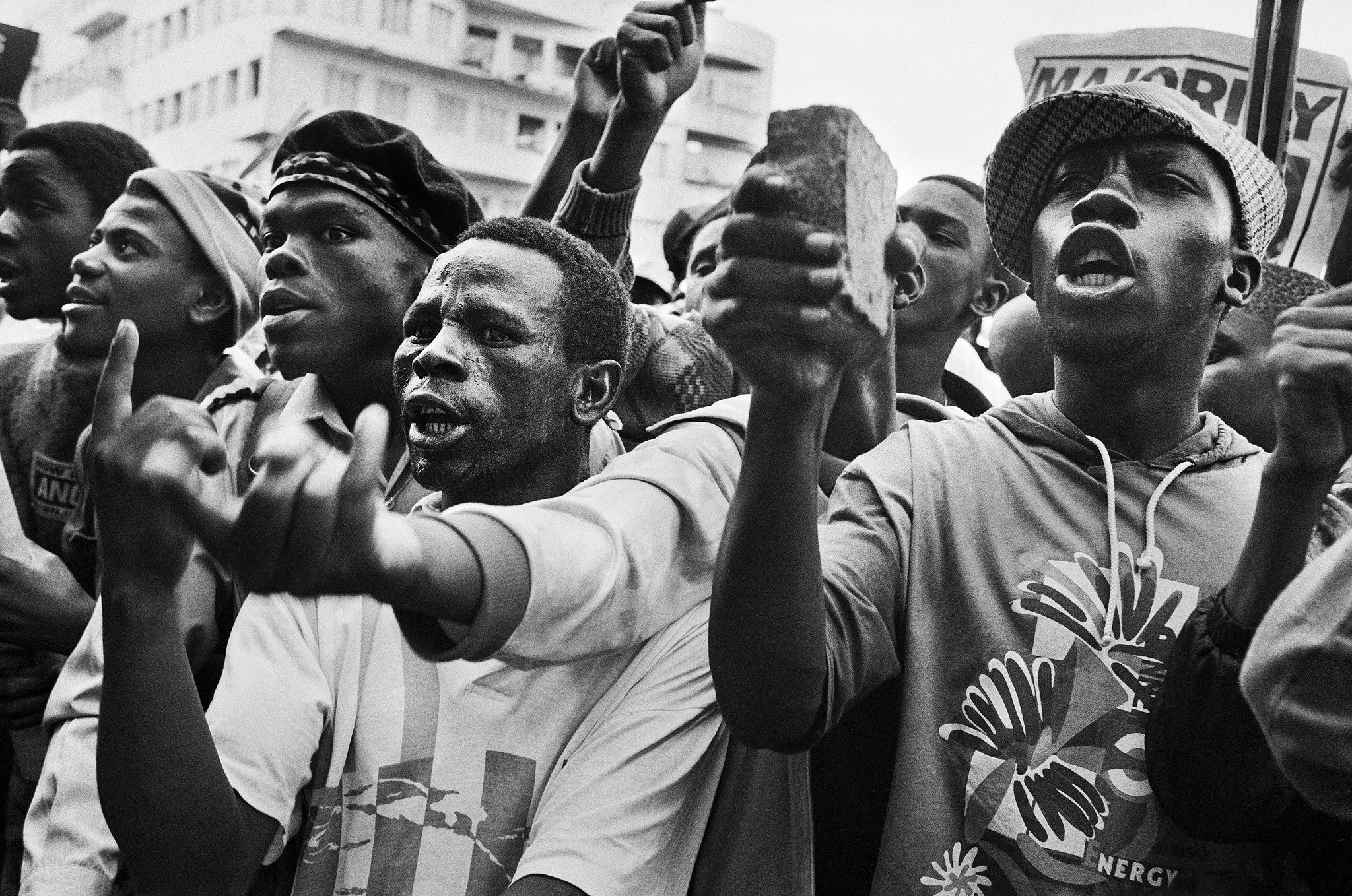The teachings of the Bahá’í faith are profoundly interconnected with the themes of justice, equity, and the fundamental oneness of humanity. In examining the historical context of apartheid, both in its former manifestation and in contemporary society, one finds echoes of these teachings that resonate deeply with the ongoing struggle for human rights and dignity. The question arises: How do the Bahá’í principles guide us in confronting the legacy of apartheid and addressing its modern equivalents? This exploration inherently involves a challenge—a call to action to recognize and dismantle forms of systemic injustice that continue to plague societies around the globe.
To begin, one must delineate the original apartheid system, which was enforced in South Africa from 1948 until the early 1990s, establishing a legal framework for racial segregation and discrimination. This regime not only intensified economic disparities but also fostered a culture of violence, repression, and exclusion. The Bahá’í teachings, with their emphasis on the unity of mankind and the elimination of prejudice, stand in stark contrast to such ideologies. They reinforce the notion that all individuals, regardless of race, nationality, or background, are entitled to equal rights and opportunities.
This philosophical underpinning compels Bahá’ís and human rights advocates alike to engage in critical reflection on the dynamics of contemporary society. Are there remnants of apartheid not only in South African society but also in various forms worldwide? Indeed, as one examines issues such as institutional racism, economic inequity, and social exclusion prevailing in many nations, it becomes evident that the struggle for equality endures under different guises. The perceptions of race, class, and privilege reflect ongoing injustices akin to the past segregations of apartheid.
One salient area necessitating examination is the economic disparity that continues to afflict numerous communities across the globe. Many marginalized groups endure systemic barriers to economic advancement, echoing the oppressive economic disenfranchisement imposed by apartheid laws. The Bahá’í teachings advocate for the elimination of extremes of wealth and poverty; thus, a sincere commitment to social and economic justice is paramount. This equanimity must originate from a moral imperative to transform adverse structures, creating environments that facilitate equitable opportunities for all.
Furthermore, educational inequities serve as another remnant of the past, reflecting a silent yet enormous challenge within contemporary society. Access to quality education remains disproportionately hindered for marginalized communities, perpetuating cycles of poverty and disenfranchisement. Bahá’í teachings emphasize the vital role of education as a means to empower individuals and foster a just society. Education must transcend mere academic knowledge; it should encompass a holistic development approach, nurturing both moral and intellectual capacities that encourage social cohesion.
Social prejudices, deeply entrenched stereotypes, and discriminatory attitudes also facilitate an environment that mirrors apartheid in subtle forms. Despite the progressive advancements made since the dismantling of apartheid in South Africa, prevalent biases continue to hinder meaningful interaction and understanding across diverse communities. The Bahá’í faith posits that prejudice—whether based on race, ethnicity, religion, or gender—constitutes a formidable barrier to the unity of mankind. The challenge posed to believers is to actively cultivate a spirit of inclusivity, fostering dialogue that bridges divides rather than deepens them.
Moreover, such prejudicial attitudes manifest in online spaces, exacerbating the severity of social discord. The rise of social media has, paradoxically, both connected and further polarized individuals. Cyber-bullying, trolling, and misinformation campaigns frequently target marginalized communities, perpetuating divisive narratives reminiscent of apartheid-era propaganda. Bahá’í teachings implore adherents to embody virtues such as kindness and respect in their online interactions, encouraging a discourse rooted in empathy and understanding. Highlighting the importance of ethical engagement in digital communities, individuals are called to dismantle the legacy of division that apartheid engendered.
In recognizing the interconnectedness of local and global injustices, the Bahá’í teaching propounds a commitment to community upliftment. Collaborative efforts amongst diverse groups can lead to the creation of transformative societal structures. Accordingly, engaging with local NGOs, participating in community dialogues, and fostering youth empowerment initiatives can invigorate a movement towards justice and equity. Herein lies the challenge of integrating faith-based activism into every sphere of life—ensuring that principles of justice, service, and compassion are not merely ideological but actionable.
Finally, the role of arts and culture cannot be overstated in this struggle. Artistic expressions serve as vital mediums for confronting systemic injustices and creating societal awareness. Whether through literature, music, or visual art, creativity has the power to challenge prevailing narratives and inspire movements for change. The Bahá’í teachings celebrate creativity and the role of the arts as a means to express the inexpressible—solidifying the quest for a more just and unified world.
In conclusion, the ongoing struggle against the vestiges of apartheid—both historical and contemporary—compels a profound commitment to the Bahá’í teachings of the oneness of humanity, justice, and the abolition of all forms of prejudice. By recognizing the challenges posed by systemic injustices today, individuals are urged to take action, fostering unity and understanding. The lessons from apartheid serve as a clarion call, urging humanity to obliterate barriers that divide us and to cultivate a world characterized by compassion, equity, and unyielding resolve against all forms of discrimination.
